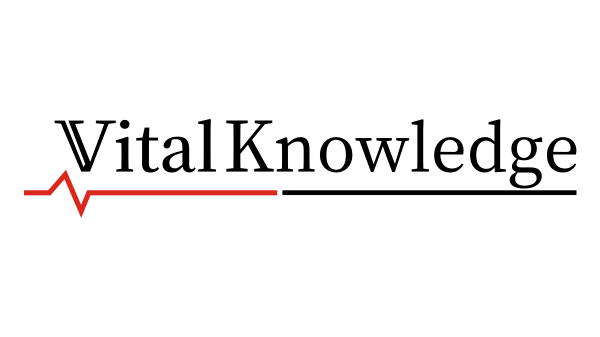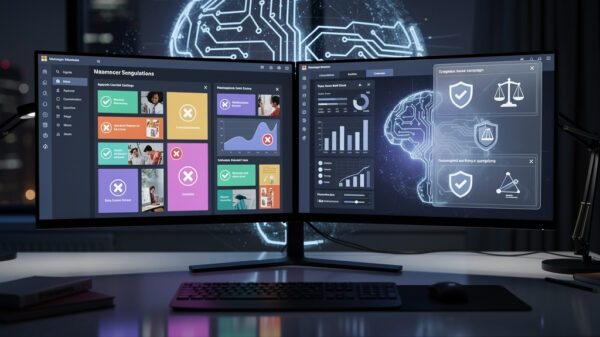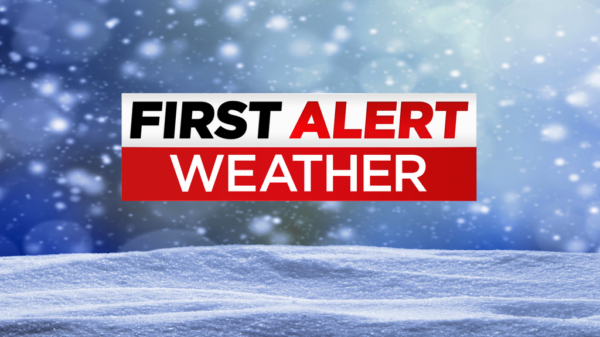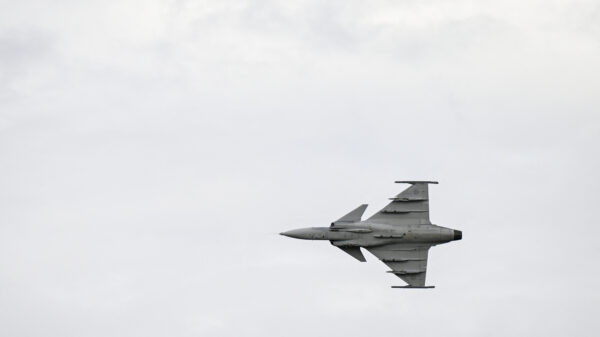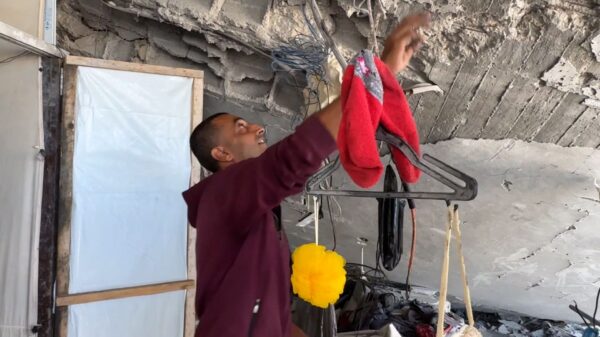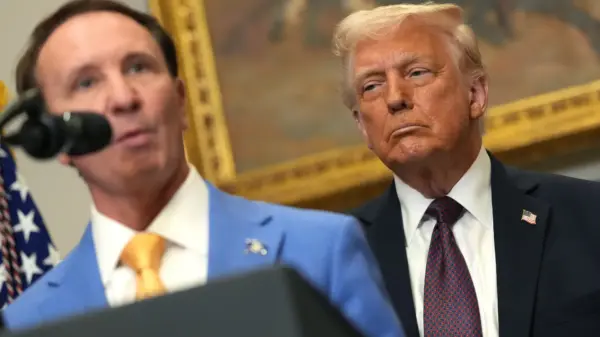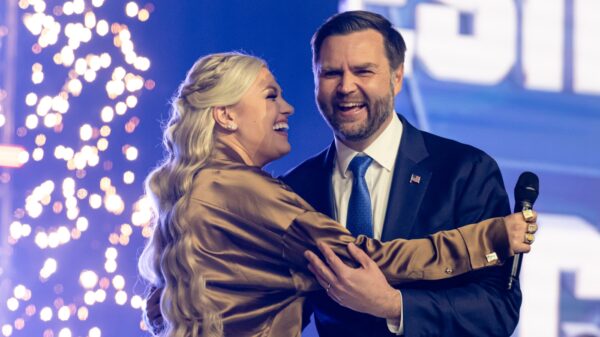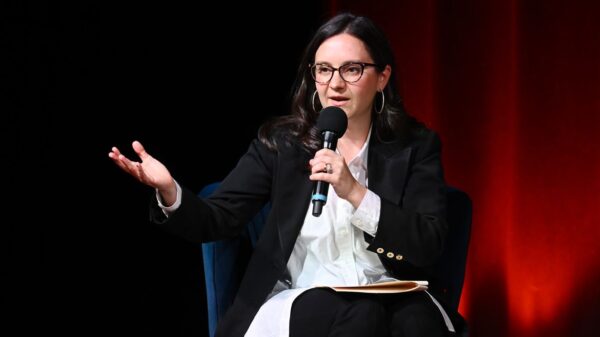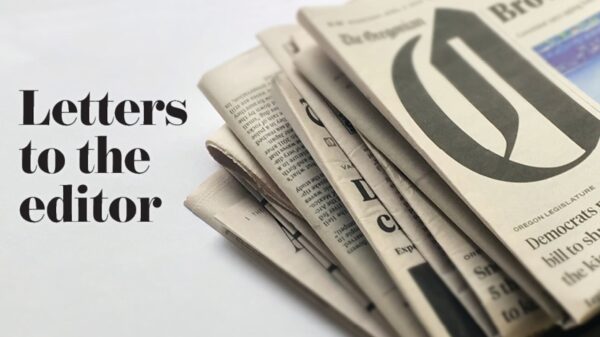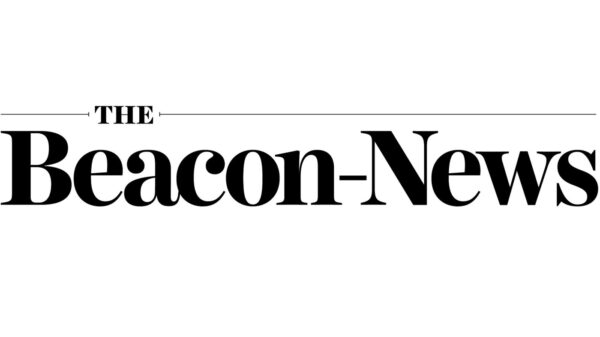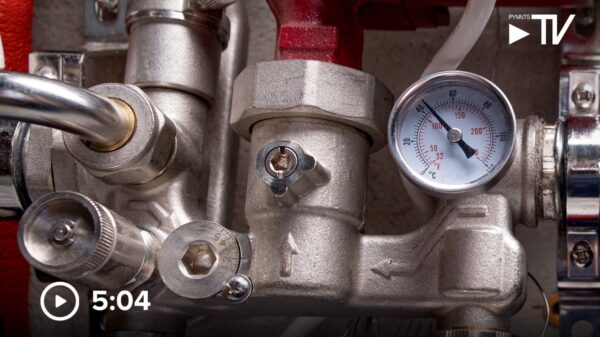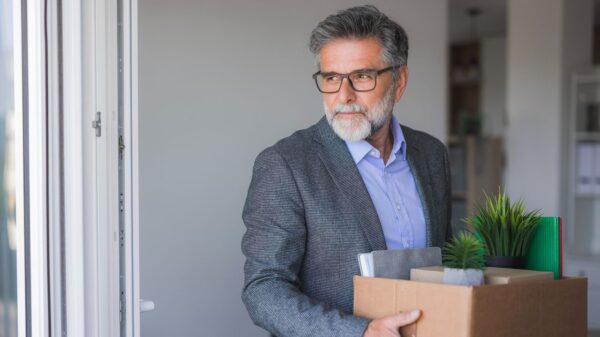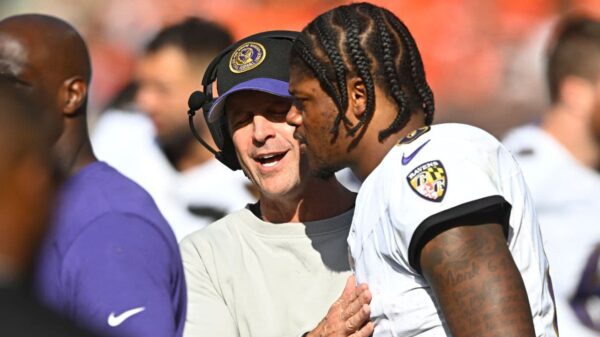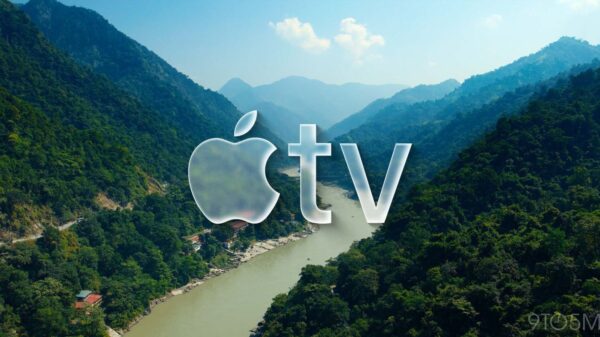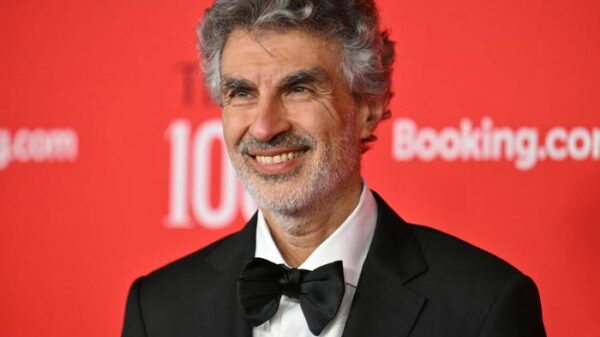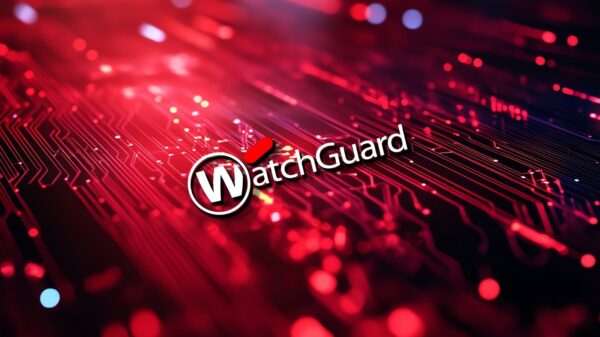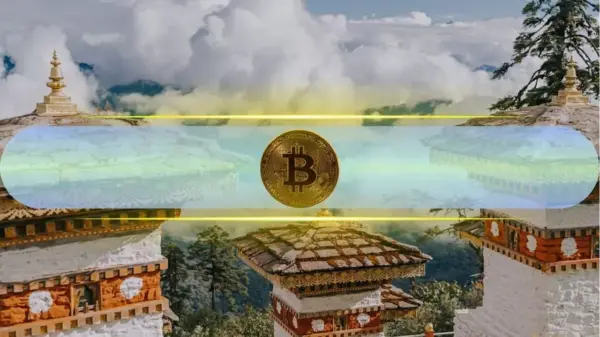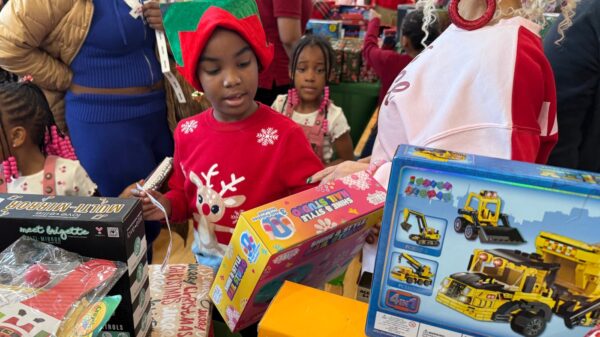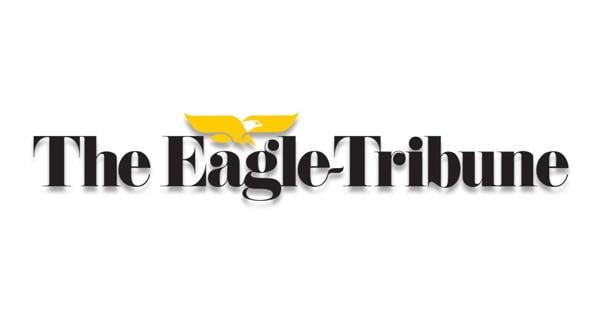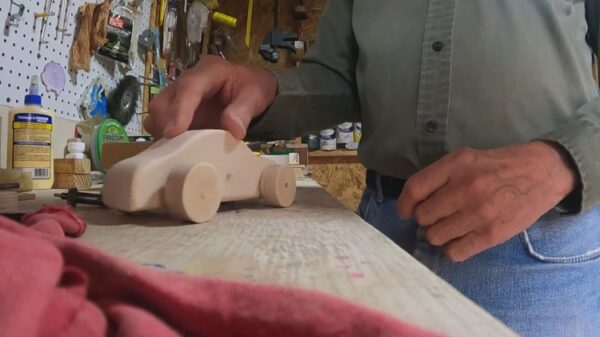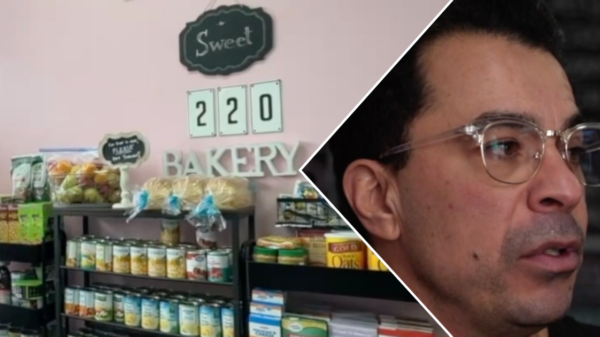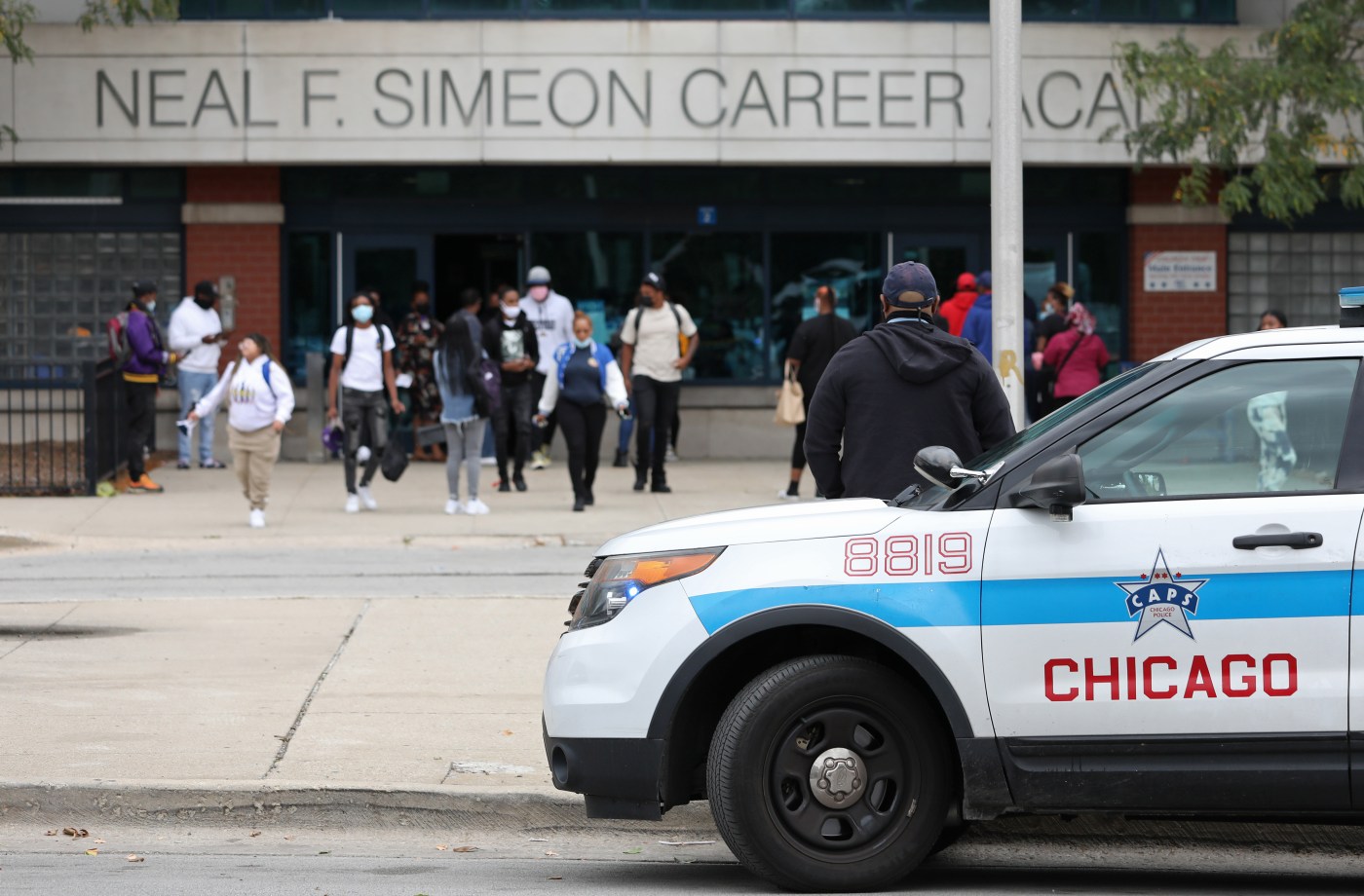Residents of Chicago are expressing their concerns over persistent social inequalities and environmental issues in a series of recent letters to the editor. These letters highlight various perspectives on wealth disparity, governance, and sustainable energy, reflecting the urgent need for reform across the city.
Addressing Wealth Disparities
Tom Madden, a retired high school social studies teacher, has voiced his frustration with the growing wealth gap in Chicago. With over 35 years of teaching experience, he notes that the same challenges affecting students in low-income neighborhoods continue to exist. Madden stated, “The wealth gap has grown, disinvestment in poor areas remains the same,” emphasizing that the conditions he witnessed at Simeon Vocational School 55 years ago have not improved. He argues for a shift towards more socialist policies, advocating for government intervention to benefit the underprivileged. According to him, “We need some socialism here, and we need it badly.”
Elona Vaisnys echoes the call for reform, specifically regarding lobbying practices in Illinois. In response to recent discussions about ethics in governance, she urges her elected representatives to take action against the “revolving door loophole,” which permits former legislators to transition directly into lobbying roles. She insists that the state legislature should not serve as a gateway for lucrative lobbying positions.
Healthcare and Environmental Concerns
The complexity of healthcare issues, particularly concerning assisted dying, was addressed by Paul F. Camenisch. He argues against the use of the term “suicide” to describe physician-assisted dying, suggesting a more accurate label, such as “physician-assisted, patient-chosen release or relief.” Camenisch emphasizes that careful language is vital for constructive conversations around this sensitive subject.
In a different vein, Hillary J. McGuire raises alarms about the environmental implications of the Pipe Replacement Program (PRP) initiated by Peoples Gas. While the program aims to replace outdated gas lines in Chicago, McGuire argues that it locks the city into reliance on fossil fuels for decades. She calls for the Illinois Commerce Commission to pivot towards cleaner energy solutions, warning that inaction will lead to higher gas bills and further environmental degradation.
Conrad Pomykala critiques the inconsistency in government subsidies for electric vehicles (EVs). He points out that while the Chicago Tribune Editorial Board condemns government intervention in the market, it highlights how Chinese manufacturers benefit from significant subsidies. He questions the effectiveness of U.S. subsidies for domestic EV purchases, suggesting that these funds may not be used to enhance product quality.
Amidst these discussions, there is also an expression of gratitude towards local journalists. Ryan Kushner commended journalist Paul Sullivan for his engaging coverage of the Chicago Cubs, noting how it transformed his perception of the team and the sport itself.
As Chicago grapples with these pressing issues, the voices of its residents serve as a reminder of the need for meaningful dialogue and action to address systemic inequalities and environmental challenges.

